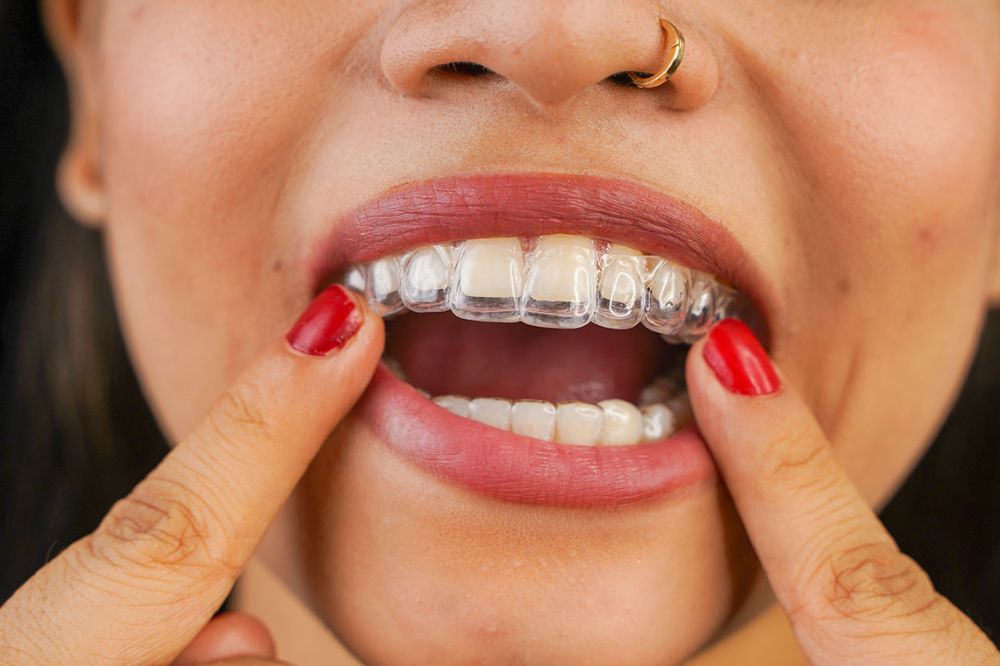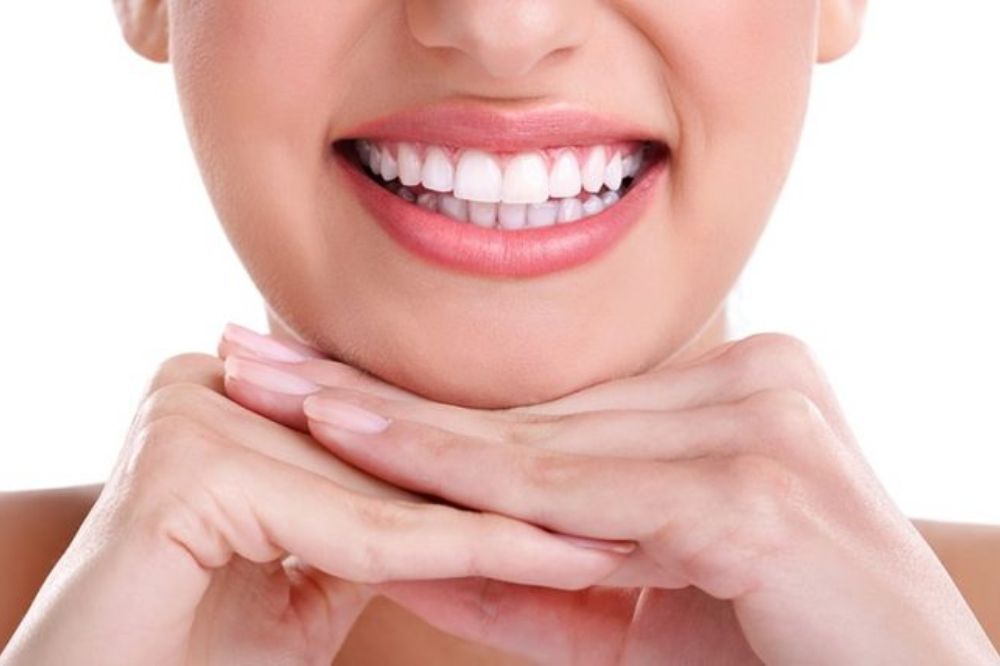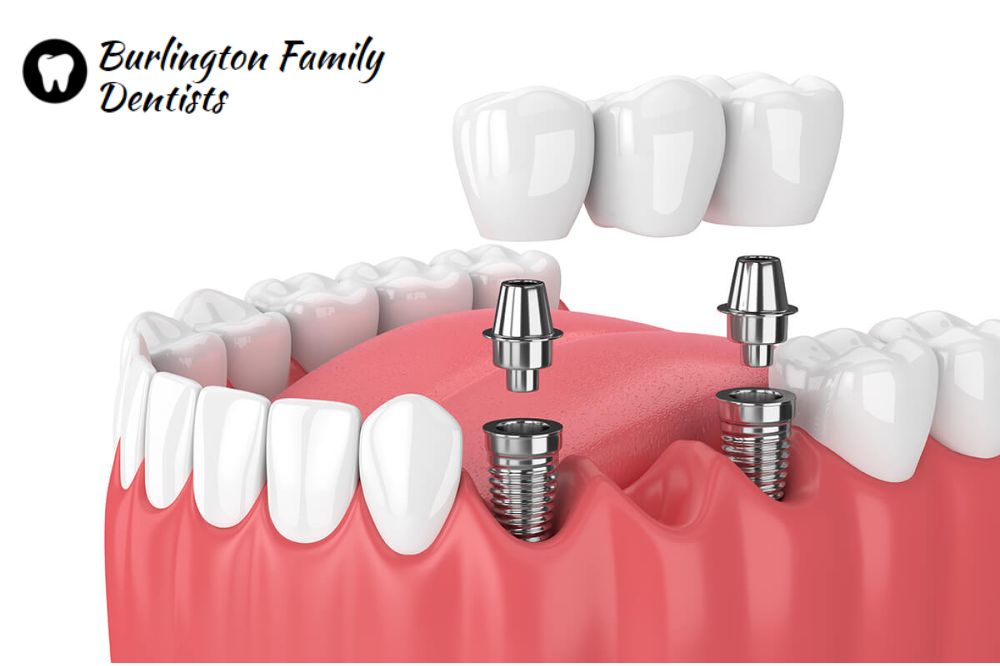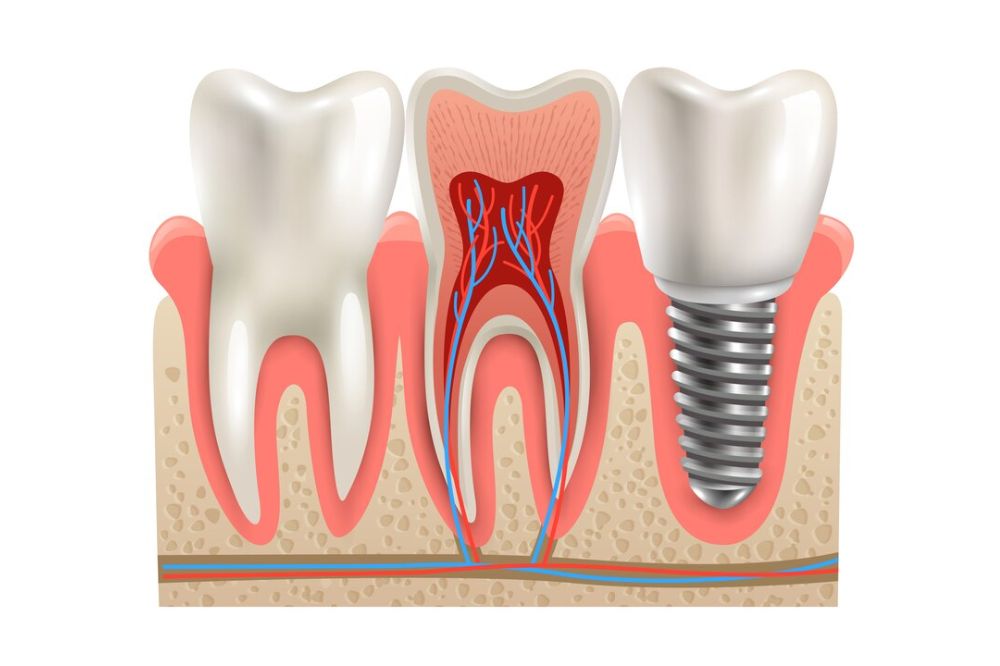A dental emergency occurs unexpectedly and creates significant distress for patients. The knowledge of what to expect during an emergency dental appointment helps patients manage their anxiety while preparing them for upcoming procedures when they experience severe toothaches, tooth breakage or mouth injuries. The emergency dentist in Burlington caters to patient needs and satisfies them in order to ensure their pain relief and fast recovery.
Recognizing a Dental Emergency
Dentist appointments are not always necessary for all dental problems. But, under some specific conditions, one needs immediate medical care, for example:
- Severe Toothache: Pain that lasts and is very severe, interfering with daily function.
- Knocked-Out or Loose Tooth: Trauma-dislodged or loosened teeth.
- Excessive Bleeding: Profuse bleeding of the gums or mouth.
- Cracked or Broken Tooth: Crazing or breakage resulting in pain or sensitivity.
- Swelling: Apparent swelling in the mouth, face, or jaw region.
- Lost Fillings or Crowns: Exposure of sensitive tooth structures as a result of lost restorations.
If you observe any of the above signs and/or experience any of those symptoms, do not hesitate for long; consult an emergency dentist near you in order to avoid the formation of other complications.
Initial Assessment
When you get to the dental clinic, the specific care team will make an initial assessment to catch your case:
- Symptom Discussion: You will be questioned regarding the onset, duration, and severity of your symptoms and any events that led up to the emergency.
- Medical and Dental History: A thorough history provides the necessary information for the right treatment plan to be delivered.
The dentist granted the world a better understanding of the problem by this evaluation, which further helped him to identify the seriousness of the issue and decide the sequence of treatment.
Diagnostic Examination
To make a correct diagnosis, the doctor may make:
- Visual Inspection: Looking at the place that’s affected for any obvious signs of injury, infection, or swelling.
- X-Rays: X-rays are photos that show if there are defects close to the bone, like fractures, cavities, or abscesses, which cannot be seen without certain equipment.
These diagnostic tools are necessary and the most important in the efficient treatment development.
Pain Management
Addressing pain is a priority during an emergency dental visit:
- Local Anesthesia: Numbing the affected area to provide immediate relief during procedures.
- Medications: Prescribing pain relievers or antibiotics to manage discomfort and treat infections.
Effective pain management ensures your comfort throughout the treatment process.
Emergency Treatment Procedures
Depending on the diagnosis, various treatments may be administered:
- Tooth Extraction: Removing a tooth that is severely damaged or decayed beyond repair.
- Root Canal Therapy: Treating infection within the tooth’s pulp to preserve the tooth structure.
- Restorations: Repairing cavities or damage with fillings, crowns, or other appropriate materials.
- Reimplantation: Attempting to reinsert a knocked-out tooth, if feasible.
The chosen procedure aims to resolve the immediate issue and prevent further complications. If you’re unsure where to go, searching for a dentist near you can help you locate a qualified professional to address your dental emergency.
Post-Treatment Care and Follow-Up
After emergency treatment, proper aftercare is vital for recovery:
- Care Instructions: The dentist will provide guidelines on managing the treated area, including hygiene practices and activity restrictions.
- Follow-Up Appointments: Scheduling additional visits to monitor healing and complete any necessary restorative work.
Adhering to these instructions promotes effective healing and reduces the risk of recurrence.
Preparing for an Emergency Dental Visit
To facilitate a smooth experience:
- Contact the Clinic Ahead: If possible, call the dental office to inform them of your situation, allowing them to prepare for your arrival.
- Gather Information: Bring identification, insurance details, and a list of current medications.
- Preserve Dental Fragments: If a tooth or restoration has been dislodged, keep it moist in milk or saline and bring it with you.
These steps can enhance the efficiency and effectiveness of your emergency care.
Immediate Care At Burlington Family Dentists
Dental emergencies require immediate attention to alleviate pain and prevent further issues. At Burlington Family Dentists, we are committed to providing timely and compassionate care to address your urgent dental needs. If you’re experiencing a dental emergency, don’t hesitate to reach out to a dentist in Burlington who can provide the care you need. Contact Burlington Family Dentists today to schedule your emergency appointment and restore your oral health.





